detail profile miguel gomes

Riwayat Hidup
Miguel Gomes (born 1972, Lisbon, Portugal) is a Portuguese film director.
He studied cinema at Lisbon Theatre and Film School (Escola Superior de Teatro e Cinema).
Trained at the Escola Superior de Teatro e Cinema (Superior School of Theatre and Film Lisbon), Gomes worked initially as a film critic and author of theoretical writings on cinema.
His films include The Face You Deserve (2004), Our Beloved Month of August (2008) and Tabu (2012).
Tabu was a winner of the Alfred Bauer Prize for Artistic Innovation and the FIPRESCI Jury Prize at the 2012 Berlin International Film Festival.
His 2015 film Arabian Nights was screened as part of the Directors' Fortnight section at the 2015 Cannes Film Festival.
Description above from the Wikipedia article Miguel Gomes, licensed under CC-BY-SA, full list of contributors on Wikipedia.
Info Pribadi
Peran Yang Di Mainkan Miguel Gomes
 In 1917 Burma now Myanmar a British...
In 1917 Burma now Myanmar a British...Grand Tour 2024
In 1917 Burma (now Myanmar), a British diplomat is set to marry his fiancée, but after a sudden panic, escapes to Singapore, sending her on what evolves into a chase across Asia.
 Cinema and affections from life in...
Cinema and affections from life in...Acts of Cinema 2018
Cinema and affections from life in images and what goes on outside the frame. 'Snapshots' of shootings and the present-day memory of directors, actors and technicians.
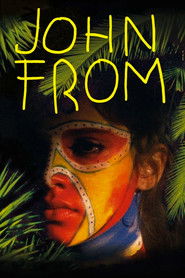 Rita is fifteen and spends the...
Rita is fifteen and spends the...John From 2016
Rita is fifteen and spends the summer between warm afternoons of teenage love and party nights with her friend Sara. From Portugal to the South Pacific, the pleasures of this routine will take a turn when the young girl visits the art show of a new neighbor in the local community.
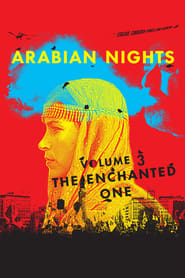 In which Scheherazade doubts that she...
In which Scheherazade doubts that she...Arabian Nights: Volume 3, The Enchanted One 2015
In which Scheherazade doubts that she will still be able to tell stories to please the King, given that what she has to tell weighs three thousand tonnes. She therefore escapes from the palace and travels the Kingdom in search of pleasure and enchantment. Her father, the Grand-Vizier, arranges to meet her at the Ferris wheel, and Scheherazade resumes her narration: “Auspicious King, in old shanty towns of Lisbon there was a community of bewitched men who, in all rigour and passion, dedicated themselves to teaching birds to sing…”. And seeing the morning break, Scheherazade fell silent.
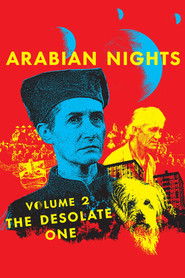 In which Scheherazade tells of how...
In which Scheherazade tells of how...Arabian Nights: Volume 2, The Desolate One 2015
In which Scheherazade tells of how desolation invaded men : “It hath reached me, O auspicious King, that a Judge will cry instead of giving out her sentence. A runaway murderer will wander through the land for over forty days and will teletransport himself to escape the Guard while dreaming of prostitutes and partridges. A wounded cow will reminisce about a thousand-year-old olive tree while saying what she must say, which will sound none less than sad !
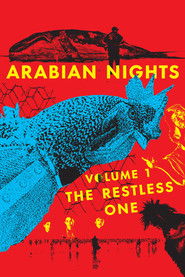 Every night in danger of being...
Every night in danger of being...Arabian Nights: Volume 1, The Restless One 2015
Every night, in danger of being beheaded, Scheherazade tells King Shahryar unfinished tales to continue them the following night, hence defying his promise of murdering his new wives after their wedding night. Scheherazade tells king Shahryar her stories but these are not those in the book. These are stories based on whatever will be happening in Portugal during the production time of the film. As in the book, these stories will be tragic and comical, with rich and poor, powerless and powerful people, filled with surprising and extraordinary events. This film will be about the reality of a disgraced country, Portugal, under the effects of a global economic crisis.
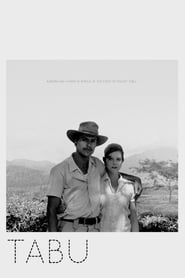 Lisbon Portugal 2010 Pilar a pious woman...
Lisbon Portugal 2010 Pilar a pious woman...Tabu 2012
Lisbon, Portugal, 2010. Pilar, a pious woman devoted to social causes, maintains a peculiar relationship with her neighbor Aurora, a temperamental old woman obsessed with gambling who lives tormented by a mysterious past.
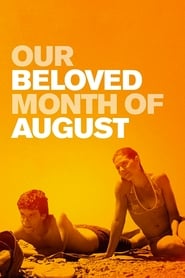 In the heart of Portugal amid...
In the heart of Portugal amid...Our Beloved Month of August 2008
In the heart of Portugal, amid the mountains, the month of August is abuzz with people and activity...
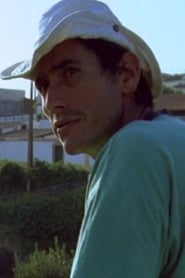 A 2008 short made in accompaniment with...
A 2008 short made in accompaniment with...Carnival: Looking for Paulo 'Miller' 2008
A 2008 short made in accompaniment with Our Beloved Month of August, documenting Gomes's and his crew's hapless search, during 2007's carnival, for one of Arganil's most storied and elusive characters (who does, in fact, ultimately appear as an interviewee/player in the finished film). Paulo "Miller" is known for taking a dangerous jump into the Alva from a bridge each year during carnival, but what this film is about is, in keeping with the free-roving feature, much less the subject himself than Gomes and co.'s inability to pin him down; not only does he not do his famous jump during this year's carnival, but an ostensible technical/audio failure (as with the feature, it's very difficult to say how much of this film is "fact," how much invented) during Gomes's initial on-camera meeting with Paulo "Miller" leads to five minutes of lip-readers attempting to decipher their conversation.
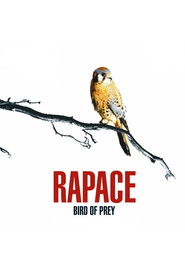 After finishing his MA in Anthropology...
After finishing his MA in Anthropology...Bird of Prey 2006
After finishing his MA in Anthropology, Hugo spends his days giving his brain a rest from the endless reading of texts by unknown authors. His only company is Luisa, the cleaning lady, with whom he plays cat and mouse. To escape the sleep of reason – which creates monsters -, Hugo exercises his lyrical vein by writing, with his friend Manuel, songs about their neighbourhood. The quiet dilettantism of our protagonist is shaken by Catarina, a young and beautiful translator who’s starting her professional life as a freelancer. Hugo is hooked and wavers. High above, a kestrel falcon hovers. It’s not the only bird of prey that can do it.
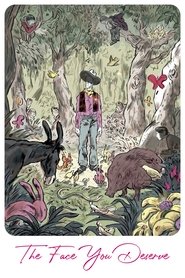 Francisco behave I Know its your...
Francisco behave I Know its your...The Face You Deserve 2005
Francisco, behave! I Know it's your birthday, you are thirty now, it's carnival, you've dressed as a cowboy for the school party and you are surrounded by kids you hate. But that's no reason to be so annoying... Francisco, repeat after me: "Up to your 30s you have the face God has given you. After that, you get the face you deserve".
 Crista Carloto and Joo are building...
Crista Carloto and Joo are building...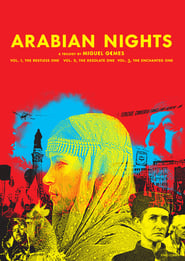 Some of the chapters from Arabian...
Some of the chapters from Arabian... A young French actress in Lisbon...
A young French actress in Lisbon...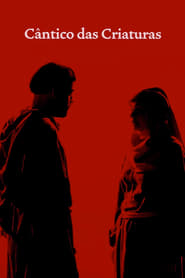 An interpretation of the life of...
An interpretation of the life of... Exactly what its announced the screen...
Exactly what its announced the screen...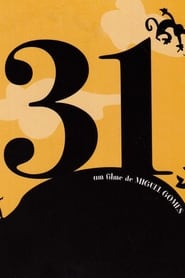 This is the way you hold...
This is the way you hold... A family gathers to celebrate Christmas
A family gathers to celebrate Christmas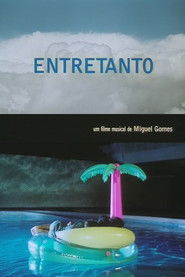 A love triangle between two boys...
A love triangle between two boys...